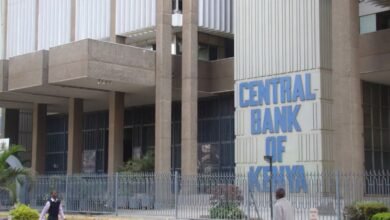
The South Sudan parliament on Wednesday approved a budget of $1.6 billion (1.4 billion euros), around half of which is set to finance a Chinese-built road network in the war-torn country.
The MPs passed the budget of 208 billion pounds with a deficit of 77 billion Sudanese pounds, which government hopes will be plugged by rising oil revenues as the sector has been revived by a peace deal in the war-torn nation.
Former Foreign Affairs Minister Nhial Deng Nhial criticised the allocation of 30,000 barrels of oil per day — worth some 96 billion pounds — which is to be paid to china to build some 400 kilometres of paved roads.
Currently South Sudan has few paved roads outside the capital juba.
“If you do the calculation you probably come to the conclusion that you are going to be paying about $1.8 million for 1KM and this raises eyebrows,” he said.
Lawmakers recommended a review of the oil deal with china.
In June lawmakers withheld approval of the budget until state employees were paid, with some not having received their salaries for up to a year.
Finance Minister Salvatore Gerang said Wednesday that up to two months worth of wages had gone to civil servants, and vowed to “clear the salaries … It is the duty of the ministry of finance to pay the government workforce.”
The previous budget for 2018/2019 was a more modest 126 billion Sudanese pounds.
South Sudan plunged into war in 2013 and the conflict has devastated the economy and the oil industry which had funded about 98% of the budget.
An International Monetary Fund (IMF) report in June said real GDP had declined by 24% in the past three years, while disposable income has plunged 70% since independence in 2011.
A peace deal signed in September last year has led to the revival of the oil industry.
Oil minister Awou Daniel Chuang told parliament there was hope that oil revenue would raise before the end of the year, which would help finance the budget.
“The production stands at 173-177,000 barrels, of course, it fluctuates as we face some logistical challenges and therefore we should be targeting like 190-195,000 barrels by the end of the year.”





